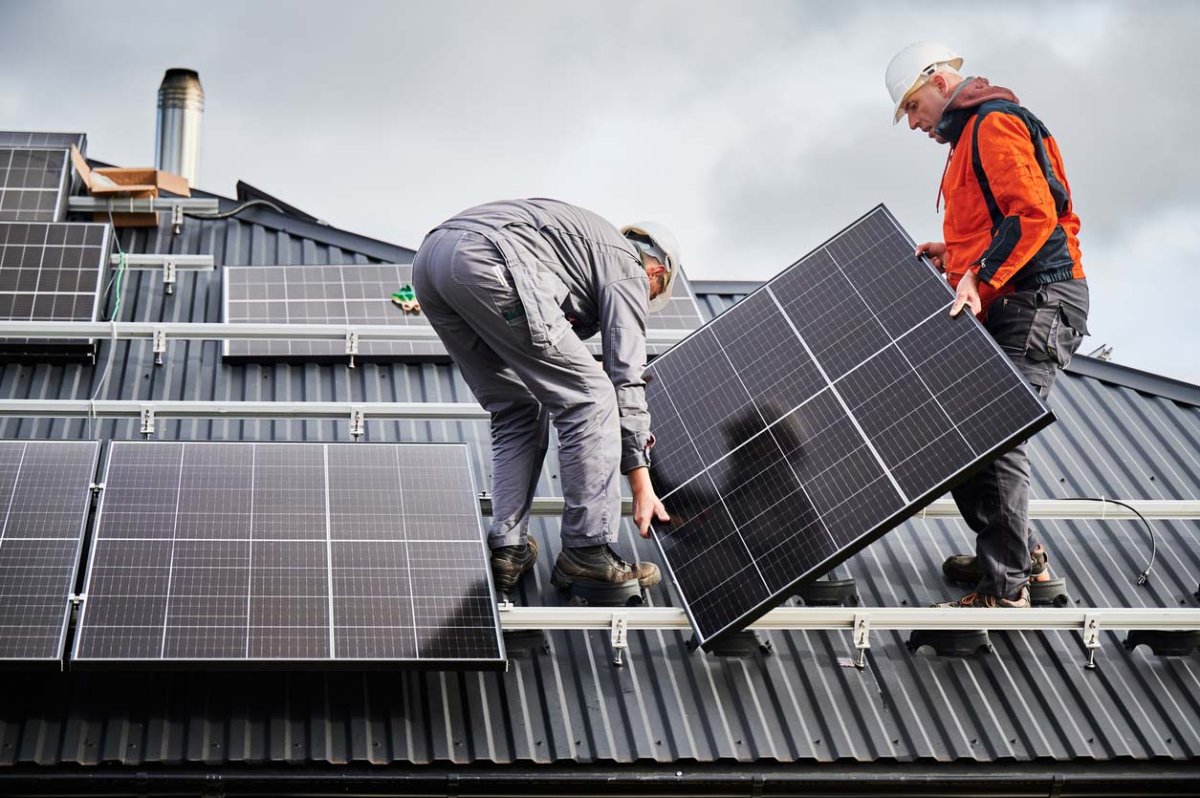We may earn revenue from the products available on this page and participate in affiliate programs. Learn More ›
Home security company ADT announced plans to exit the residential solar business. In a statement on the company’s investor’s web page, ADT Chairman, President, and CEO Jim DeVries says, “The decision to exit solar operations was made after careful deliberation, and we expect this strategic action to drive substantial operational and financial benefits to ADT. We want to acknowledge and thank our employees, partners, and customers as we work through this transition.”
Editor’s Note: We ranked ADT Solar to be one of the best solar companies customers could choose. We will be updating our solar company guides to reflect the company’s decision. Readers considering solar energy still have many top-tier companies to choose from, such as SunPower, Tesla, and others.
The move comes after the company announced disappointing 2023 earnings, reporting an adjusted EBITDA (Earnings Before Interest, Taxes, Depreciation, and Amortization) loss of $89 million in the first nine months of that year. Just a couple of months ago, in November 2023, the company announced that it would reduce the solar segment of its business, effectively cutting the number of its branches in half (38 to 16 branches).
ADT’s venture into solar started in late 2021, when the company acquired SunPro.
ADT Solar wasn’t—and still isn’t—the only company struggling. The solar industry continues to face challenges in 2024: many companies face debt and possible bankruptcy as well as customer dissatisfaction. Investor confidence also appears to be waning, according to Time. In short, businesses enjoyed reported exponential growth that couldn’t be sustained, and will now likely face a few hard years before finding its footing.
Homeowners may find this discouraging, but there are distinct benefits to choosing solar energy for a residence, and panels are typically considered worth investing in. While the upfront cost of solar panels can be high, many homeowners enjoy the long-term return of tax deductions, energy savings, and a reduced carbon footprint. If going solar is the right course of action, it’s advised that homeowners consider all financing options before making a decision.


